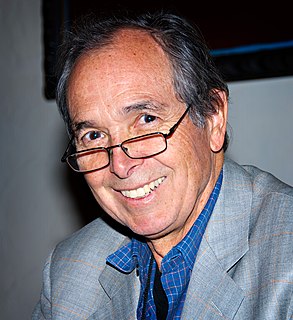A Quote by Martin Cruz Smith
Then years back, when I moved to California, I happened to see a book about fashions of 19th-century Victorian England, only four pages of which was devoted to the dress of the working class.
Related Quotes
As I started reading about it, I saw that at the beginning of the 19th century, outside of New England - which was an unusually literate place - practically no one could read or write. And even in New England, the overall rate was only about 60 percent. That still means four out of 10 people couldn't put their name to a will.
I'd signed up not just for Christianity but the established Church of England. That has a particular history and I think we rather lost it in the 19th Century, we became so much part of empire and colonialism, the language of the Church Of England still reflects that Victorian time. As the 20th Century developed, not surprisingly people left the church and I can see the church's role in losing people.
There is, for instance, only one page at the beginning of Runciman's three-volume History of the Crusades describing how the participants decided to begin four hundred years of wars, and then several thousand pages devoted to the routes, battles and other events which make up the "history" of the Crusades.
I was really interested in 20th century communalism and alternative communities, the boom of communes in the 60s and 70s. That led me back to the 19th century. I was shocked to find what I would describe as far more utopian ideas in the 19th century than in the 20th century. Not only were the ideas so extreme, but surprising people were adopting them.
The really successful work in England tends to be working-class writers telling working-class stories. The film industry has been slow to wake up to that, for a variety of reasons. It still shocks me how few films are written or made in England about working-class life, given that those are the people who go to movies.
What I do is work for three or four years and then I take a year off, and then I come back again and work for three or four years and then take another year off. It is not about just working and then writing for a year. That is not how it is structured. It is about doing very conscious goal-driven activities for four years and then taking a year off in complete surrender to discover facets of myself that I don't know exist and exploring interests with no commercial value associated with them at all.
People have asked me about the 19th century and how I knew so much about it. And the fact is I really grew up in the 19th century, because North Carolina in the 1950s, the early years of my childhood, was exactly synchronous with North Carolina in the 1850s. And I used every scrap of knowledge that I had.






































